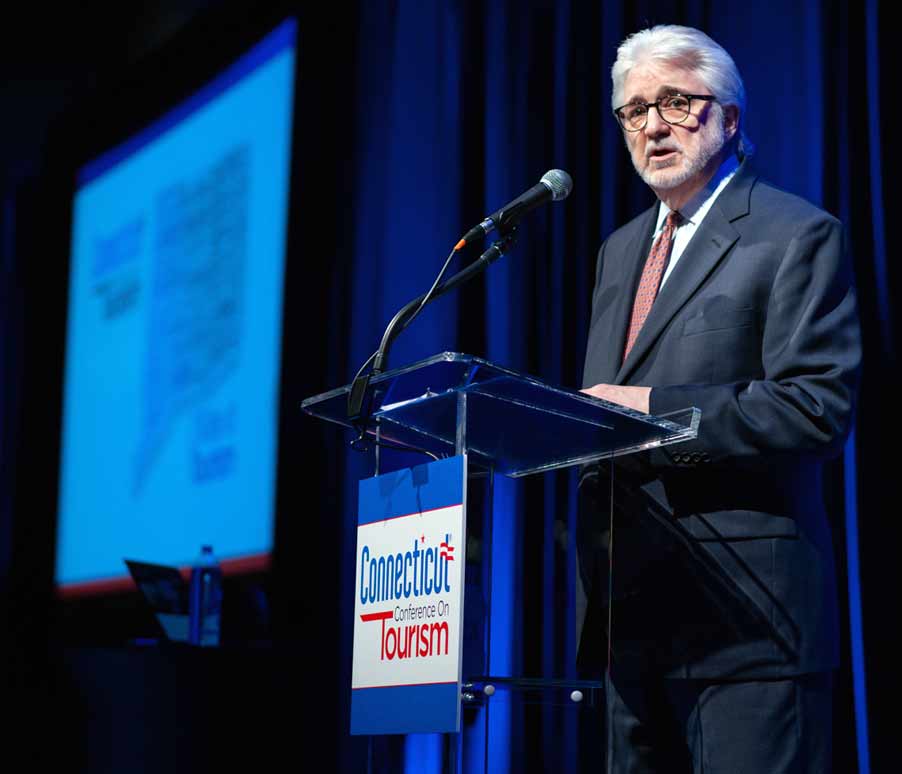The New York State Assembly voted this week to extend the authorization to allow shared purchasing among political subdivisions, otherwise known as “piggybacking.”
 Through piggybacking, local governments, municipalities and entities such as fire districts, school districts and local BOCES can use existing contracts to receive the same goods or services at the same or lower price as another, similar public entity.
Through piggybacking, local governments, municipalities and entities such as fire districts, school districts and local BOCES can use existing contracts to receive the same goods or services at the same or lower price as another, similar public entity.
Benefits of the process include greater contract flexibility and lower prices for local governments and entities. It also mandates that initial contracts be made available for use by other governmental entities.
The originating agency must be made aware of any other organization”™s intent to piggyback on their existing contract, and the vendor must consent to the piggyback.
Under New York state law, local entities are also allowed to engage in cooperative purchasing, in which two or more local entities seek to purchase goods or services together.
The bill was originally set to expire July 31, but will now remain until the same date of 2023. It first became effective in 2012.
The bill, No. 2580, was passed unanimously in the assembly and is effective immediately.




















